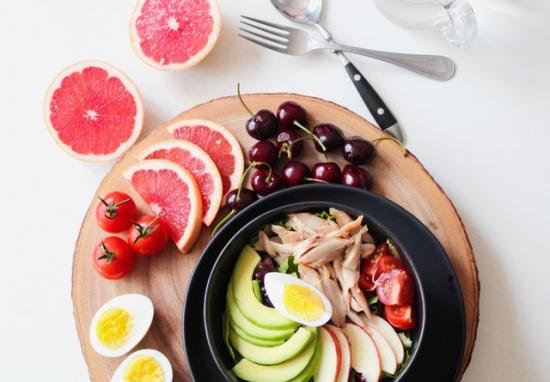
Simple steps to boost your immune system
Are you doing all you can to boost your body’s immune system? Every time you flip on your television there’s an update on the coronavirus. The unknown of new diseases can be scary, but experts say that the regular seasonal flu poses much more of a risk to Americans than the coronavirus.
It’s important to take the proper safety precautions, such as frequently washing your hands, covering your sneezes, and staying home if you feel ill. But all year around, you must also nurture your body. Rest, diet, exercise, and stress management all help equip your body to dodge diseases and recover faster if you do get sick. This is particularly crucial for older adults or anyone with a suppressed immune system.
No, nutrition, exercise and rest will not prevent flu. But these simple tips can help keep you in the strongest form possible.
Nosh on nutrients. Food can be good medicine, which is why it’s vital to consume dishes rich in vitamins and minerals. Many Americans are deficient in these essential nutrients either because of poor diet choices or not being educated on which foods can fuel your body. Remember to always eat organic.
Luckily, you don’t need to break the bank to purchase powerful, immune-boosting foods. The following items can be purchased for under $5 at any supermarket:
- Turmeric: Inflammation is the body’s response to injury. It repairs damaged tissue and is an integral part of the healing process. But when it becomes chronic, it compromises your health. Turmeric contains a powerful compound known as curcumin, which works to decrease inflammation. It also promotes better digestion. Start by adding a few shakes to your daily tea, or try it on a fish dish or in a soup.
- Citrus: Citrus fruits are chock-full of immune-boosting vitamin C, which can protect against cell damage, boost collagen production, and combat the common cold. Before you go reaching for a bottle of orange juice, check the label to make sure it’s made from 100% juice and doesn’t contain additional sugars or sugar substitutes. In fact, your best bet is to snack on whole fruit, as you’ll get the fiber, too. Leafy greens such as kale or broccoli are great sources of C, too.
- Yogurt: Yogurt is packed with protein, probiotics, and minerals linked to enhance immune support such as potassium, vitamin B-2, B-12, selenium, and zinc. Opt for low-sugar options (plain is best) without artificial additives.







